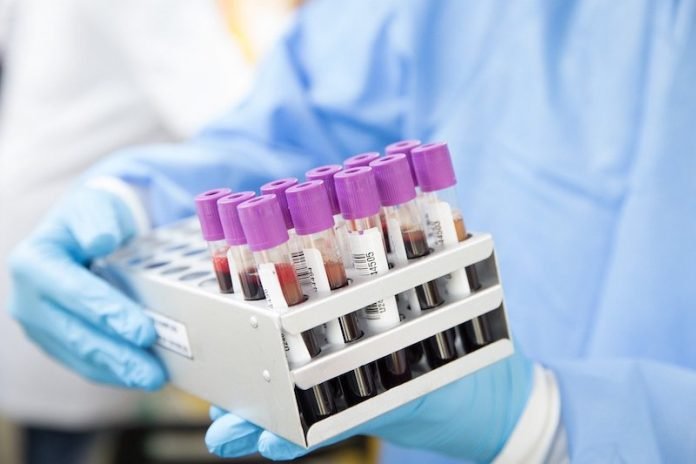
In a new study, researchers found that for COVID-19, the difference between surviving and not surviving severe disease may be due to the quality, not the quantity, of the patients’ antibody development and response.
They profiled the antibody immune responses of 193 hospitalized COVID-19 patients, comparing responses from patients with moderate and severe disease and patients who passed away from COVID-19.
The researchers found while all patients developed antibodies against SARS-CoV-2, the way the antibodies developed, or evolved, differed between the three groups.
For patients that didn’t survive the disease, the antibody response never fully evolved.
The research was conducted by a team at MIT and Harvard.
In a mature immune response, antibodies both block infection and direct the immune system to kill infected cells.
To guide the killer immune response, antibodies attach to the Fc-receptor, a “docking site” specific to antibodies that is found on all immune cells.
Without strong Fc-receptor binding, antibodies may fail to grab and destroy the virus following infection.
Compared to survivors, patients who passed from COVID-19 had antibodies that never fully developed the ability to strongly bind to Fc-receptors and therefore may not have been able to fully trigger immune killing activity.
The team also found that survivors’ immune systems could recognize and target an area of the SARS-CoV-2 spike protein known as the S2-domain.
The S2 domain is found in other coronaviruses that infect humans, so patients whose antibodies can target it may have pre-existing immunity to the S2 domain because of exposure to other, common coronaviruses.
Patients with antibodies that can recognize S2 domains on different coronaviruses may be able to use this pre-existing immunity to generate killer antibodies faster and sooner following SARS-CoV-2 infection.
The team says if they can further understand the importance of cross-coronavirus immunity they may be able to design vaccines able to counteract a much broader range of coronaviruses.
They are working to understand the nature of protective immunity against SARS-CoV-2, including partnering with COVID-19 vaccine developers, to help bring an end to this pandemic.
One author of the study is Galit Alter, PhD.
The study is published in Cell.
Copyright © 2020 Knowridge Science Report. All rights reserved.



